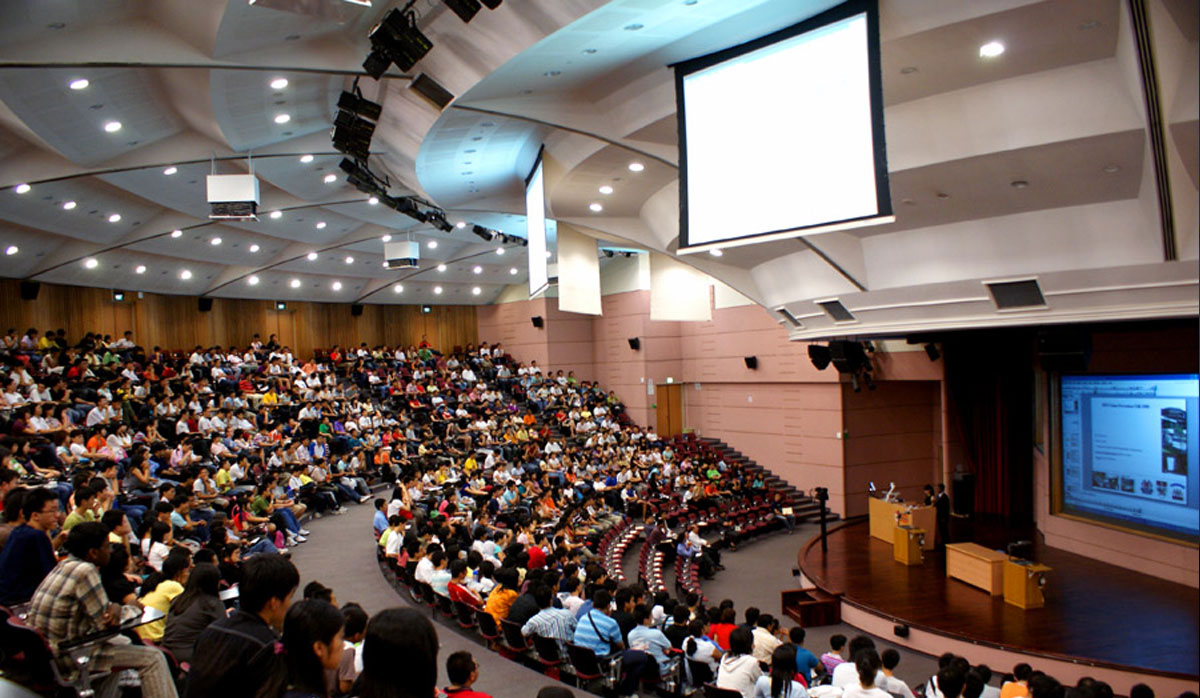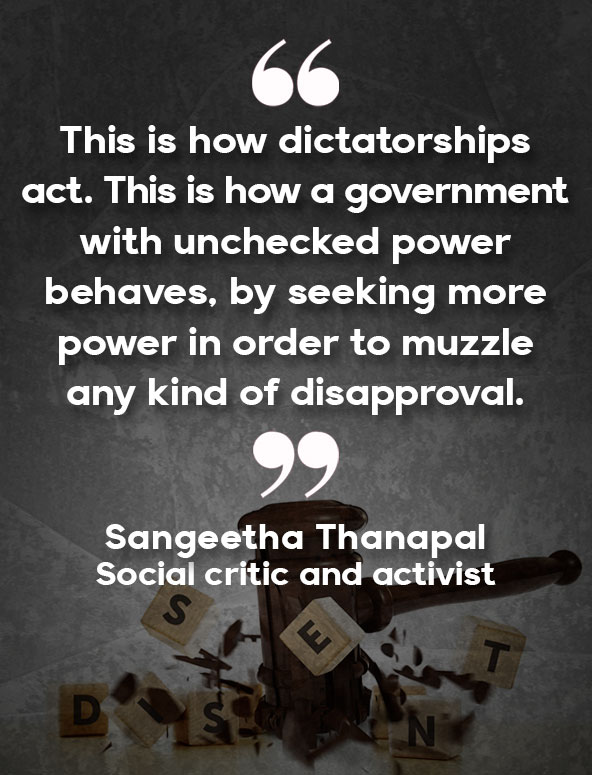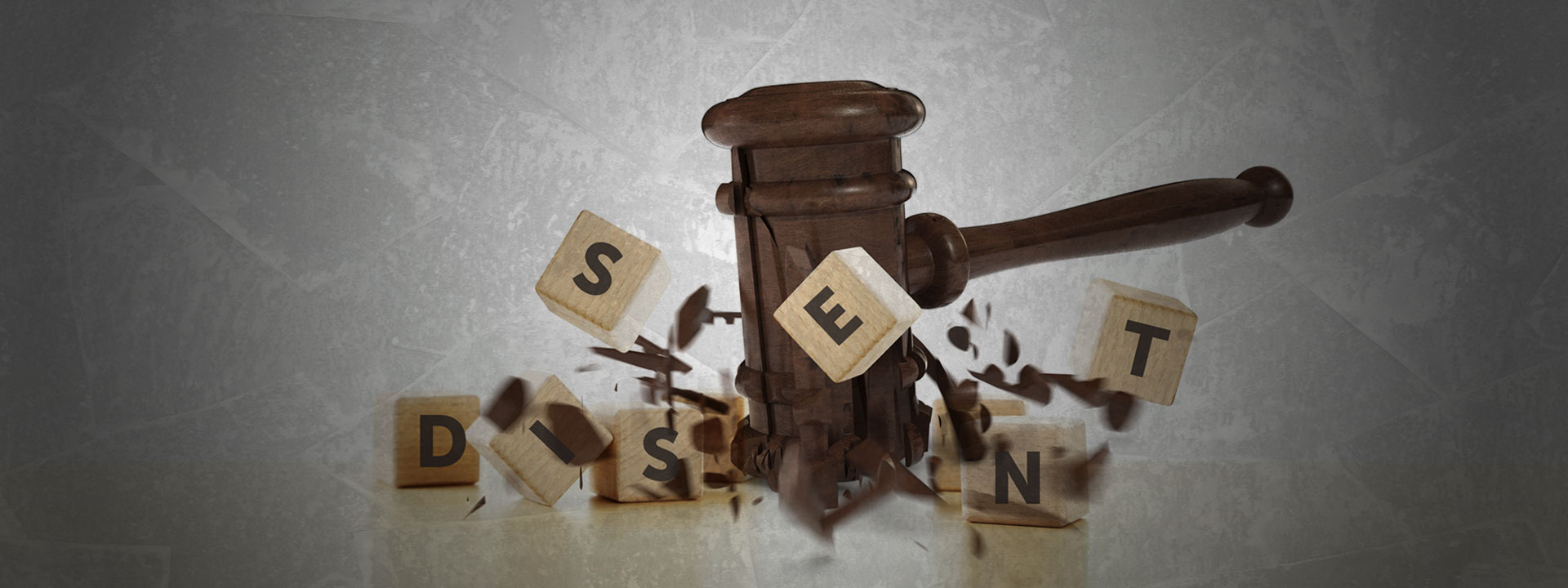In early September 2021, the Singapore government tabled a bill for reading. A mere month later, it was law. On 4 October 2021, the Singapore parliament passed the Foreign Interference (Countermeasures) Act or FICA. It allows the Minister for Home Affairs, K. Shanmugam, the power to “demand access to any company’s books and confidential information, to investigate any commercial transaction involving a foreign person or organization and to demand information about the private life and finances of any Singaporean, all based on the suspicion of foreign interference.” Most startlingly, it allows for all these without needing any evidence — or a single, legal justification — to be presented to a court.
Given the rise of cyber-enabled foreign interference, the most notable case being Russian interference in the U.S election, it is not entirely a surprise that the Singapore state would table such a bill. Other countries such as Australia and Canada already have similar laws on the books.
But there have been no reports of foreign interference in Singapore. In fact, a recent Bloomberg article on the law notes, “Facebook’s director of global threat disruption David Agranovich said that while the company had detected covert influence operations on its platform, it found no such cases in Singapore.”
During the 10-hour debate on the passing of the bill, Shanmugam singled out three activists as “mounting a disinformation campaign” because, he said, they wanted to keep “foreign funding” for their activities. Already, the singling out of activists and writers was troubling. It seemed to suggest that the minister was gunning for them and raised the possibility that FICA would be used against them once it passed. In any case, in the debate, Shanmugam continued to lie outright about activist Kirsten Han — lies that she had refuted before and was forced to refute again. Shanmugam was not challenged on any of these falsehoods by any parliamentarian.

Singapore passed the Foreign Interference (Countermeasures) Act to combat alleged cyber-enabled actions against the government by foreign-funded organizations or individuals, but there are no reports of such meddling to date.
I suppose that Singapore’s Fake News Law cannot be used against a minister who spreads fake news.
PJ Thum, managing director of New Naratif and an Oxford historian who has been publicly targeted by Shanmugam, offers this frightening hypothetical case for the use of FICA: “For example, imagine you are conducting academic research on sexual harassment in the workplace with funding from the Swedish government. Your interviewees all speak to you on condition of anonymity. You publish your research, arguing that existing laws need to be strengthened to protect women. Congratulations, you have just broken FICA.”
Worse than Russia
Singapore is already considered extremely restricted when it comes to freedoms of speech and the media. It is ranked at 160 out of 180 countries in the 2021 World Press Freedom Index by Reporters Without Borders (RSF) and has been “colored black on the World Press Freedom Index map since 2020. This means the situation in the city-state is now classified as “very bad”. For reference, this is worse than countries like Russia, where reporters critical of President Vladimir Putin frequently “disappear.” Of FICA itself, RSF states: “Behind specious wording and using national sovereignty as a cover, this bill gives the government a blank check to slap a ‘foreign agent’ label on any media outlet it dislikes and to impose extremely harsh sentences simply for the intent to publish content.”
Harpreet Singh Nehal, director of one of Singapore’s biggest law firms, Drew and Napier, wrote a critical analysis of the bill for Singapore Law Watch. He outlined three broad areas of concern: it is too vague and broad; it intrudes on the Singapore judiciary’s role of reviewing the legality of the government’s powers; and lastly, the procedural rules of the bill make it impossible for people to challenge a charge should one be brought against them.
The state maintains that FICA is not meant to be used against criticism, but against “‘covert and clandestine activities.” FICA, however, puts unimaginable power in the hands of one man who, according to the bill, can charge anyone, and they might not even know why their platform has been shut down, rendering them unable to defend themselves.
FICA has many detractors. Opposition parties, academics, and international human rights groups have denounced the bill. There was an online petition to stop the passing of the bill, but anyone who understands Singapore politics knew that was a “Hail Mary” pass. The lack of opposition, civil rights groups, or citizen power means that most readings of bills are a facade and that once the People’s Action Party (PAP) introduces anything, it will definitely pass as law sooner or later.

Some academics have their own misgivings about FICA as it infringes on vital academic activities involving cross-border collaboration and online dissemination. (Photo “That Huge Lecture Theatre!” by teddy-rised is licensed under CC BY-NC-ND 2.0)
Academics in Singapore are particularly afraid of FICA. This is because the act infringes on necessary and vital activities of academia, such as “activities involving cross-border collaboration, wide online dissemination, and strong social impact.” As FICA has such a broad definition of “foreign interference,” a lot of what academics do for their everyday job — collaborating with overseas academics, journals, funding sources, etc. — would come under the purview of the bill. Academics do not have to do anything other than their jobs to be FICA’s targets.
Dr. Nicholas Harrigan is a sociology senior lecturer at Macquarie University in Sydney, Australia. He works on issues involving migrant workers in Singapore and says the law is “vague, overreaching, and potentially criminalizes lots of completely legitimate academic work.” Harrigan’s work has been critical of the government’s policies toward migrant workers and has highlighted their plight. As an academic working overseas, he could be a target of this law, which is aimed at keeping the likes of him silent about human rights abuses against Singapore’s migrant laborers.
Echoes of POFMA
In response to the worries expressed by academics, the Home Affairs Ministry states that “FICA would only apply if the Singaporean academic in each of these instances were acting on behalf of a foreign agency to conduct a hostile information campaign online directed against Singapore’s public interest — e.g., to create discord and unrest among Singaporeans.”
But this same song was sung when the government passed the Fake News Law or POFMA (Protection from Online Falsehoods and Manipulation Act). The government said that it would not use the law against free speech. Yet, right after it passed, POFMA was used against an opposition politician. The PAP has unfettered power in Singapore. There are absolutely no guarantees that Shanmugam will not use it against anyone who criticizes him or the Singapore government.

Furthermore, the PAP has long equated itself with the government, with the state, and with the whole of Singapore — and this is a view shared by many Singaporeans. As far as the PAP is concerned, any threat to the party is a threat to Singapore. Therefore, activists who criticize or raise awareness of human rights issues, or problems of racism in the country, can be easily cast as trying to “create discord and unrest among Singaporeans.” In fact, anything that Singaporeans can disagree on and publicly state their disagreements about can be seen as a “hostile misinformation campaign.”
FICA is truly the culmination of a number of bills that the Singapore government has passed, all to protect itself from its own citizenry. The Harassment Act protects the government and its ministries from inventors who accuse it of theft. POFMA is used against anyone who criticizes the state. And now FICA can be used against anyone who has any link to any person or organization overseas, so they can be branded a traitor and dangerous to the state — by which they mean dangerous to the stranglehold on power that the PAP has.
How many laws does a state need to criminalize the same thing: opposition to its power?
This is how dictatorships act. This is how a government with unchecked power behaves, by seeking more power in order to muzzle any kind of disapproval. At every turn, critics, opposition politicians, activists, and citizens find themselves muzzled. Every time they find a workaround, a legal loophole, or a way to do their work despite enormous state pressure, the government passes yet another law to stop them.
Truly, the PAP will never stop until it has silenced every single piece of criticism — online, in the press, and anywhere in Singapore. The oversensitivity and apparent insecurity of the PAP government is baffling, but as long as Singaporeans keep voting for the party, especially in the majority they hold, there will never be a way to check the PAP.
Perhaps, this article itself might be considered contentious under FICA. After all, here I am, a Singapore citizen living in Australia, working with a “foreign organization,” critiquing the Singapore state, thereby causing “discord” and impinging on the “public interest.”
I guess I should get ready for that FICA letter. ●
Sangeetha Thanapal is a Singaporean social critic and activist who is currently based in Australia.



















